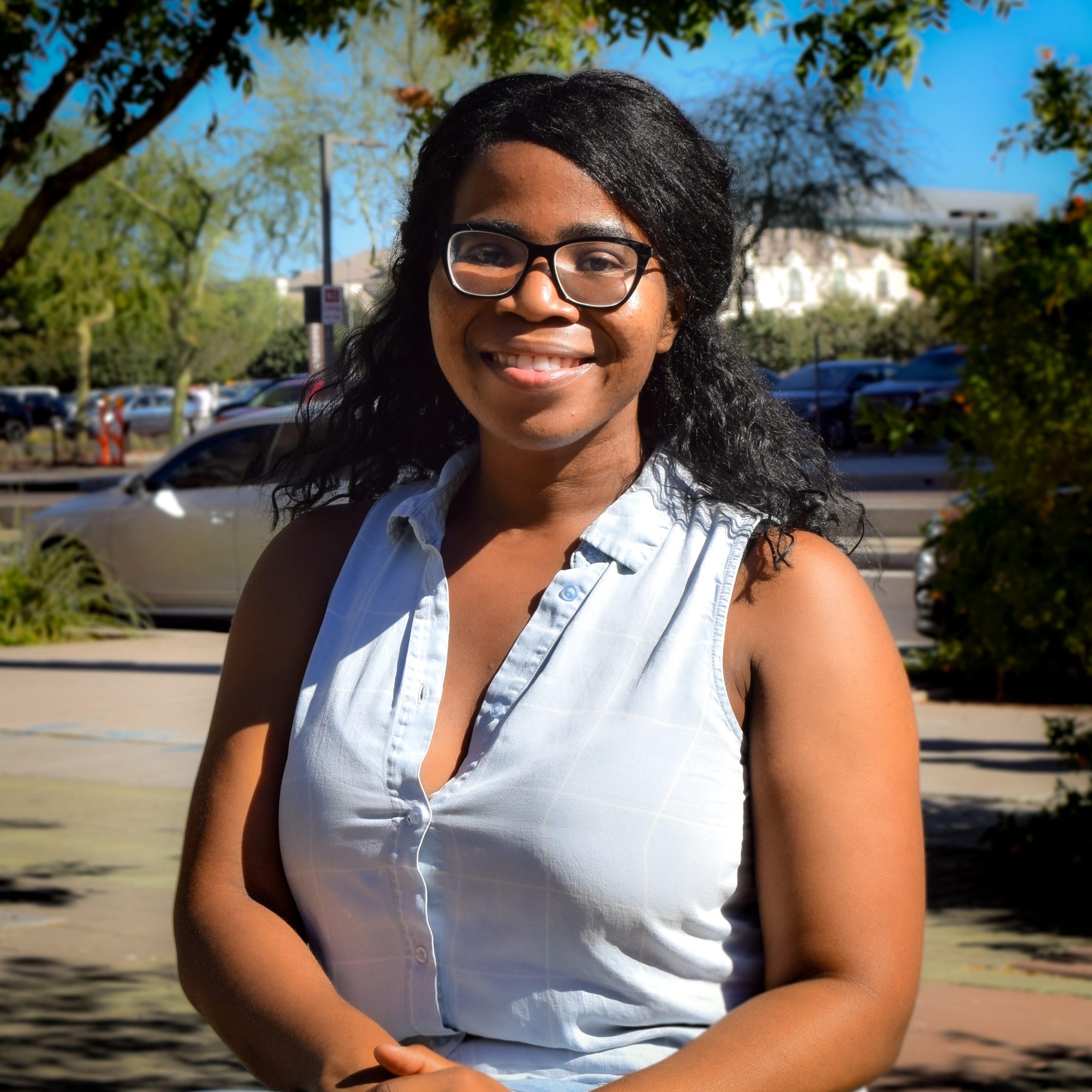Growing awareness of the importance of socially responsible investing has led some investors to a market segment they might not have considered before: Islamic finance. The $2.2 trillion Islamic finance industry is forecast to grow 10%-12% in 2022 from the previous year, according to S&P Global Ratings.
So what is Islamic finance, and what role can it play in socially responsible banking and investing?
Islamic finance is based on the principles of Islamic law or Sharia law. It revolves around the main principles of prohibition of interest (riba), and joint risk-sharing.
Instruments of Islamic finance
According to the World Bank, some basic instruments or financial arrangements of Islamic finance include:
Murabaha – cost-plus financing or markup trade. This is the most popular form of arrangement. This involves financing a physical asset, for example, a home, at a profit margin. The bank will purchase an asset, and then resell it to a client at an agreed upon price with some profit to the bank. The payments can be made in a lump sum or installments. This is not an interest-bearing loan.
Ijara – rent or ijara wa iqtina – lease and ownership. A bank leases an asset to a client for a predetermined period and predetermined fixed payments. Asset ownership and risk remain with the bank, but the asset can eventually transfer to the client making them the new owner. Think of leasing a car or entering into a rent-to-own agreement on a house as examples of this type of arrangement.
Mudaraba – trustee financing contract. One party provides the capital for investing, and the other provides their skills and expertise. Profit and losses are shared at an agreed upon ratio, and returns are not guaranteed. An example would be using an investment fund manager. You provide money as an investment to a fund or portfolio manager, and the manager uses their expertise to invest your money as efficiently as possible in bonds or property.
Musharaka – joint partnership. An equity participation contract in which multiple parties contribute capital. Profits are shared at a predetermined ratio that might not be based on contributions. However, losses are shared in proportion to contributions. Partners share in decision making on how investments are managed, and there is equal liability on individual actions.
Bai Salam and Bai-Muajjal – Sales Contacts. Bai Salam is a deferred-delivery sales contract. Similar to a forward contract, product delivery is in the future but payment is made immediately. In Bai-Muajjal, or deferred-payment sales contracts, the product is delivered immediately, but payment is made in the future at an agreed upon time. There is no additional fee for the delayed payment.
Sukuk- finance certifications or Shariah-compliant bonds. Like conventional fixed-income bonds, sukuks offer equal value ownership of underlying assets with returns linked to the returns of the asset.An example of this would be a trust certificate, which is an interest-free bond that serves as collateral. These are issued by companies to raise funds and the company uses the proceeds to purchase an asset, such as a building, which backs the certificate. The investor will receive partial ownership in the asset and share in any gains. At an agreed upon future date, the issue will pay back the investor’s original investment at par value.
Determining which investments are Halal in Islamic finance
When it comes to investing, mutual funds are the main vehicles. Funds, inherently, are based on Islamic principles, as investors pool their money together to purchase the underlying investments and share in the profits in the form of dividends, or share in the losses. Dividends are permissible in Islamic finance because they are received through shared gains in an investment that is directly owned by the investor.
Now what makes a fund allowable based on Islamic principles, is the underlying investments or assets. For example, according to Monem Salam, Vice-President of Bellingham, Washington-based firm Saturna Capital, if the fund invests in banks, bonds, loan products, or another type of investment that itself generates interest or dividends, it is not halal or permissible.
There are about 1,700 Sharia-compliant mutual funds in the world, and four of those funds are part of the Amana Mutual Fund Trust which is managed by Saturna Capital.
When managing their fund portfolios, Salam says that his firm uses a screening process based on Islamic principles or halal practices.
The first screening criterion is based on the company’s primary revenue stream. If its principal revenue comes from activities that are haram, or prohibited by Islam, such as alcohol, gambling, tobacco, banking and insurance, then it is not allowed.
The second part of the screening is a company’s exposure to interest or debt. Acknowledging that it is impossible to find a company who does not have debt in their books or an interest-generating savings account, they settled on a total debt to market capitalization that has to be less than 33% to eliminate companies that are heavily indebted. They also look into accounts receivable to total assets, to ensure the company is not heavy on cash because then it can’t be traded at a premium or discount.
The third criterion is if the company has an auxiliary business that is involved in haram activities, then investment in that company would need to be limited to less than 5%.
The final criterion for the firm is a company’s involvement in environment, social, and governance (ESG) issues. Instead of only focusing on what companies need not to invest in, they focus on companies that should be invested in. Examples include companies that do not pollute the environment and have low greenhouse gas emissions, have good labor practices and safety standards, and a diverse and independent board.
Increasing the visibility of Islamic finance
Islamic finance, which Ghiyath Nakshbendi, professor of Islamic Finance at American University, refers to as “alternative finance” to differentiate it from conventional finance, could potentially be attractive to people that are seeking more socially responsible financial products.
“What is attractive about alternative finance,”he says, “is that it truly meets the expectations of young people who are looking for socially responsible business. Belief in, not eliminating, but reducing inequality in society.”
The key to this, according to Nakshbendi, is the excellent business propositions of Islamic finance, which is a profit plus agreement. Meaning simply that the parties who do the transaction should have latitude in terms of determining the details of the agreement.
Nakshbendi said the foundations of entrepreneurship were based on Islamic finance, mainly the concepts of mudaraba, musharaka, and salam.
He brought up agriculture, one of the earliest forms of entrepreneurship, as an example. In order to start farming, a plot of land would need to be purchased along with some equipment. A farmer could take equity financing from a lender, and the farmer and partner would share in gains from the farm. Once crops are harvested, the farmer can sell their produce for immediate or deferred payment or delivery.
Islamic finance is usually considered more ethical than conventional finance by people who purchase shariah-compliant products because of its prohibition of interest (riba) and usury. Strategies used are not risky or speculative, and transparency in partnerships is expected. Plus, Islamic banks act in the best interest of their clients and society.
Asked what is hindering Islamic or alternative finance from having greater prominence outside of the Middle East and non-Musilm countries, Ghankendi said simply, ‘Islamophobia’. After 9/11, many people associate anything tied to Islam as wrong. However, he feels that millennials could be key in driving up the sector due to its social responsibility aspect.
“We really have to expose the major parameters of alternative finance to people, number one,” he said. “Number two, we have to show them what is to their benefit to get involved in alternative finance.”
He also said that customers are needed whether or not they are going to participate in providing the funds or being clients, along with state and federal regulations that would allow for an increase in the formation and establishment of Islamic banks.
Nakshbendi says his goal is not to compete with conventional finance, but to increase awareness and availability. It does seem that increased visibility for Islamic finance is underway, especially for non-Muslims. Monem Salam said that about half of the Amana funds investors are non-Mulims, and American University’s Kogod School of Business also offers a graduate certificate program in Islamic Finance.
For more information and resources about the growing Islamic finance, you can refer to:
American University’s islamic Finance Resources
Saturna Capital’s Halal Investing Guide
Rice University’s Basic Guide to Contemporary Islamic Banking and Finance
This article was corrected on Jan. 19, 2022, to clarify that ESG issues are part of the official criteria for Saturna Capital.










